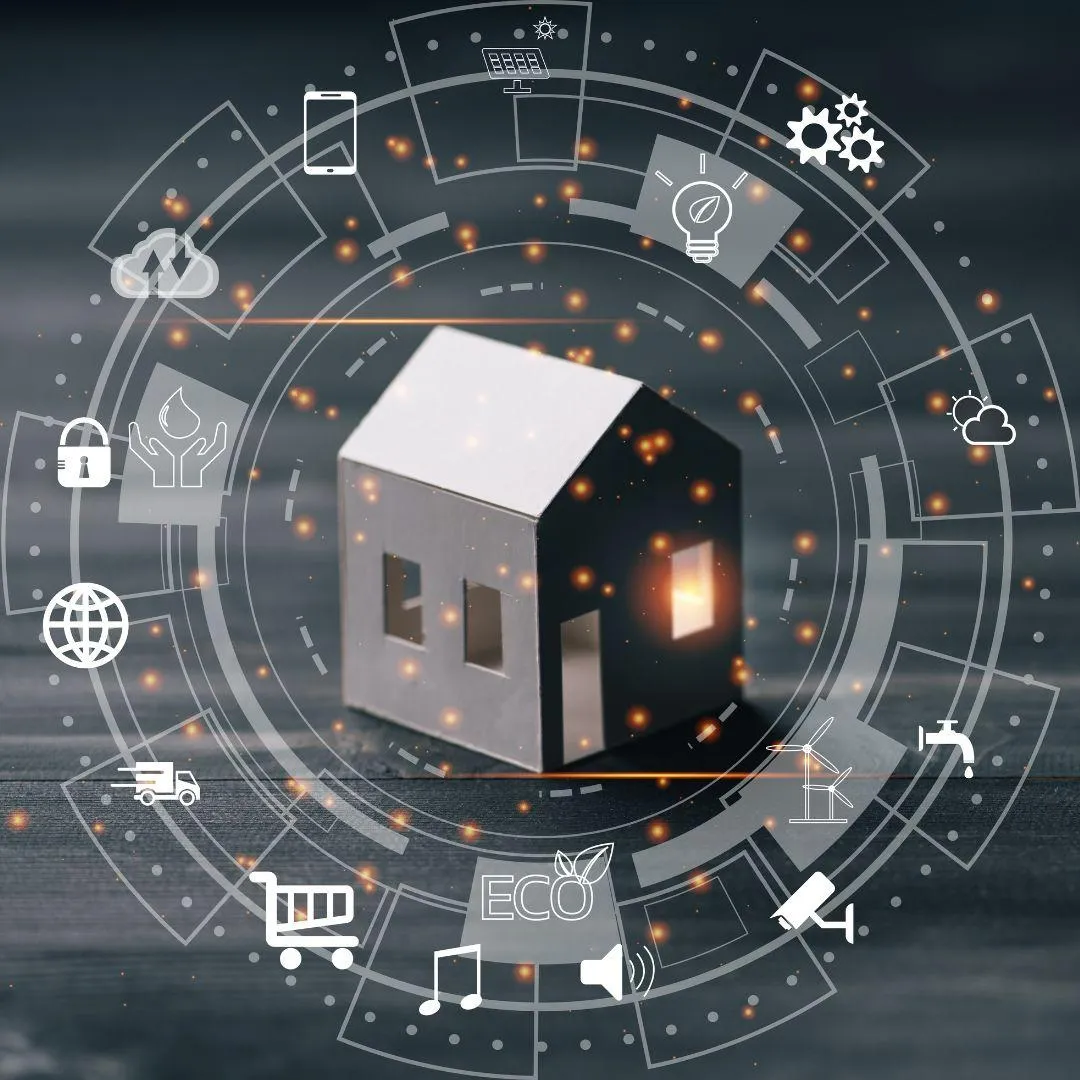Welcome to Our
Multifamily
Real Estate Blog
Your go-to source for multifamily real estate insights! Whether you're a seasoned investor or just starting, we provide tips, market trends, and strategies to help you succeed in the world of multifamily investing. Dive into our articles and stay ahead in the real estate game!

The Rise of Smart Homes in Real Estate: What Buyers Want
“Be Clear, Be Grateful and Listen”
The Rise of Smart Homes in Real Estate: What Buyers Want
Understanding the Smart Home Revolution
Overview of smart home technology in real estate: Smart home technology integrates advanced systems like automation, IoT devices, and AI-driven solutions to create homes that offer convenience, security, and energy efficiency, reshaping the way we live.
Historical evolution and its impact on buyer expectations: From basic programmable thermostats to fully automated home ecosystems, the history of smart technology reflects a growing demand for convenience, efficiency, and sustainability in modern living.
The role of the Internet of Things (IoT) in redefining residential spaces: IoT technology connects devices seamlessly, enabling homeowners to control lighting, security, appliances, and more through a single hub or remotely via smartphones and voice commands.
Key Features Buyers Look for in Smart Homes
Home automation systems: Security, lighting, and climate control: Buyers prioritize homes with automated systems that enhance safety through smart locks and cameras, optimize energy usage with smart lighting, and maintain comfort with intelligent climate control.
Energy-efficient devices and their role in cost savings: Energy-efficient devices like smart thermostats and appliances not only lower utility bills but also contribute to a home’s eco-friendliness, making them a top feature for buyers.
Integration and compatibility across smart home platforms: Buyers seek systems that integrate seamlessly with popular platforms such as Google Home, Alexa, and Apple HomeKit, ensuring easy management of various devices.
Voice-activated assistants and AI-driven appliances: The rise of smart assistants like Alexa and Google Assistant, paired with AI-driven appliances, offers intuitive control and personalized experiences, appealing to tech-savvy buyers.

The Benefits of Smart Homes for Buyers and Sellers
Enhanced convenience and comfort for homeowners: Smart homes allow homeowners to manage multiple systems with ease, from adjusting lighting and temperature to monitoring security remotely, making life simpler and more enjoyable.
Increased property value for sellers: Homes equipped with smart technology often command higher prices and sell faster, as they cater to modern buyers' preferences for convenience and innovation.
Sustainability and energy efficiency as major selling points: Energy-saving features like solar-powered systems and smart appliances align with buyers’ increasing awareness of environmental sustainability, boosting their appeal.
Data-driven insights for managing home utilities: Smart systems provide valuable data on energy consumption and usage patterns, enabling homeowners to optimize performance and cut costs effectively.
Future Trends in Smart Home Technology
AI-driven predictive systems for proactive home management: Artificial intelligence is enabling homes to learn and adapt to the habits of their occupants, offering predictive solutions like pre-heating rooms or reordering supplies automatically.
The rise of wellness-focused smart home solutions: Emerging technologies focus on enhancing health and well-being with features like air quality monitors, circadian lighting, and smart fitness integrations.
Integration of augmented reality (AR) in real estate tours: AR technology is revolutionizing real estate marketing, allowing buyers to visualize smart home functionalities and layouts during virtual or in-person tours.
Market forecasts: Growth of smart home adoption globally: The global smart home market is projected to grow significantly, driven by advancements in IoT, increasing demand for automation, and a shift towards sustainable living.

FAQs About Smart Homes in Real Estate
What defines a smart home?
A smart home is equipped with devices that can be controlled remotely through a smartphone or computer, allowing automation and optimization of home functions like lighting, heating, security, and more.
How much does it cost to turn a house into a smart home?
The cost varies depending on the level of automation and type of devices, ranging from $500 for basic systems to $10,000 or more for fully integrated solutions.
Do smart homes increase property value?
Yes, smart homes typically have higher market appeal and can fetch a premium due to their convenience, energy efficiency, and advanced features.
Are smart home systems secure?
While most systems incorporate robust encryption, homeowners must ensure proper configuration, regular software updates, and secure passwords to mitigate risks.
What is the future of smart homes in real estate?
Smart homes will likely feature AI-driven technologies, greater sustainability, and health-focused solutions, making them a central focus in real estate innovation.


